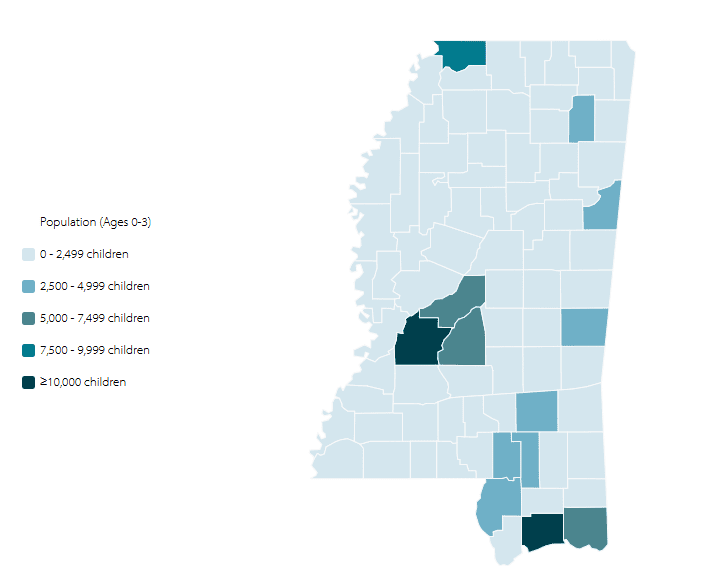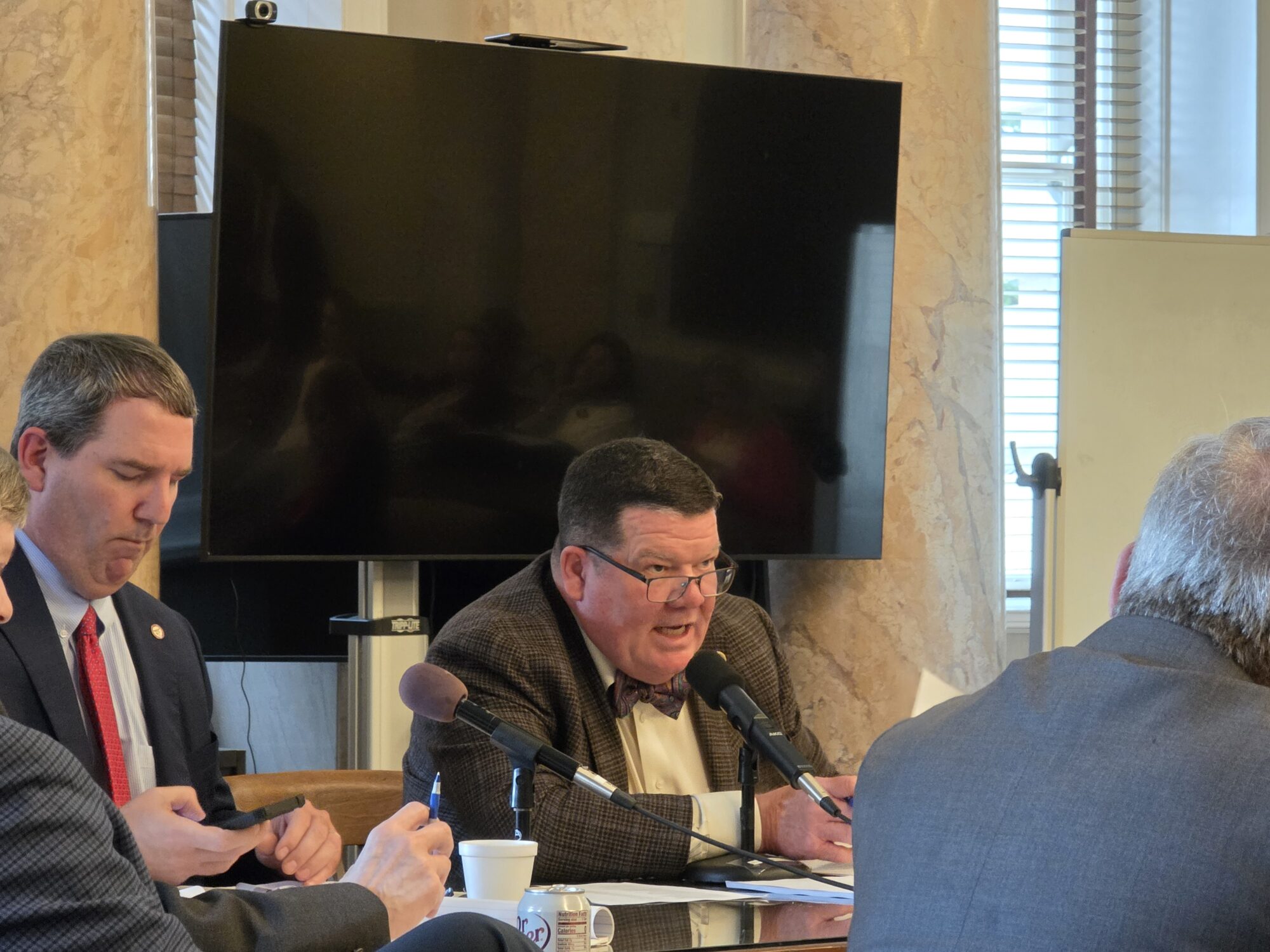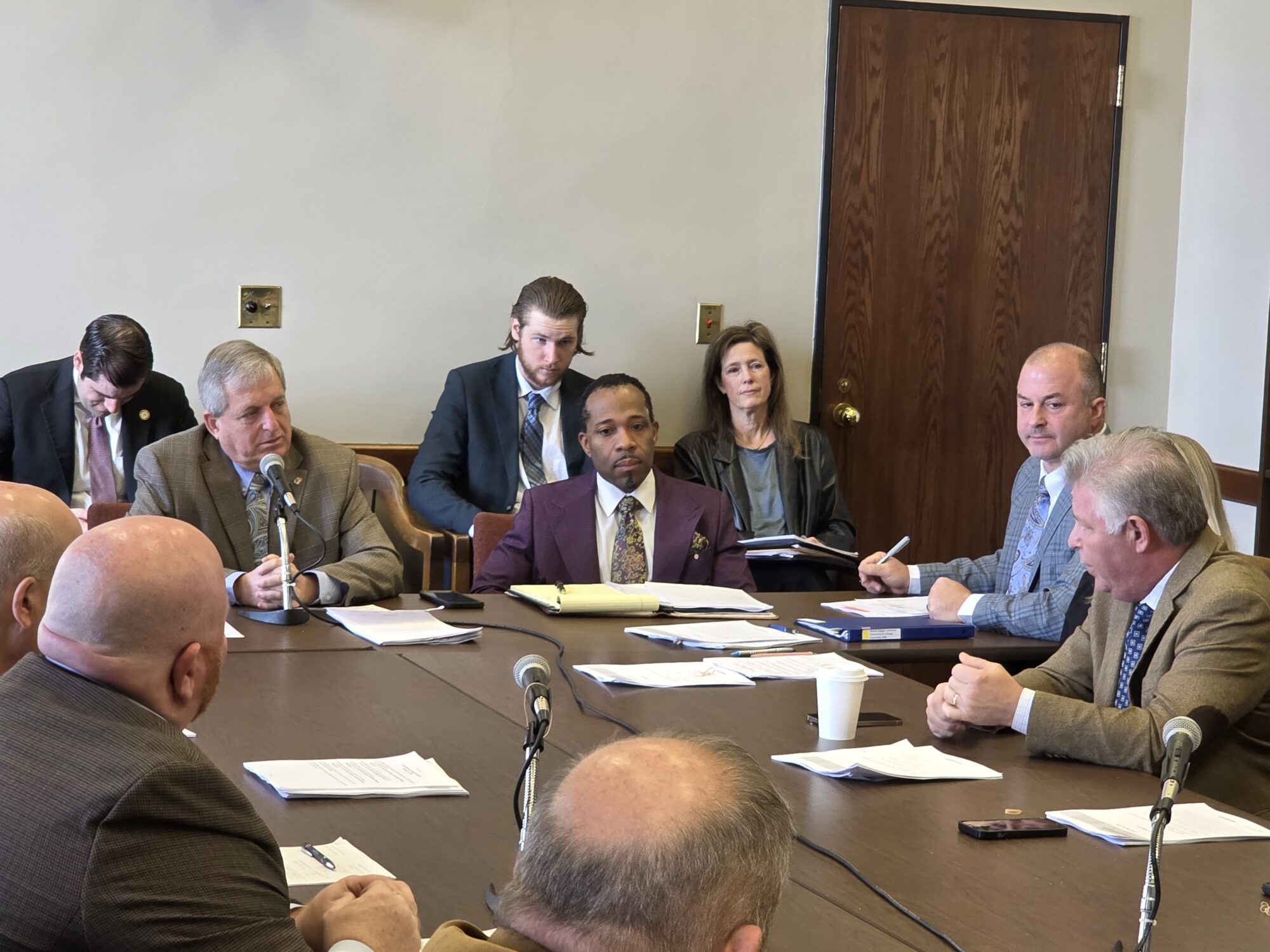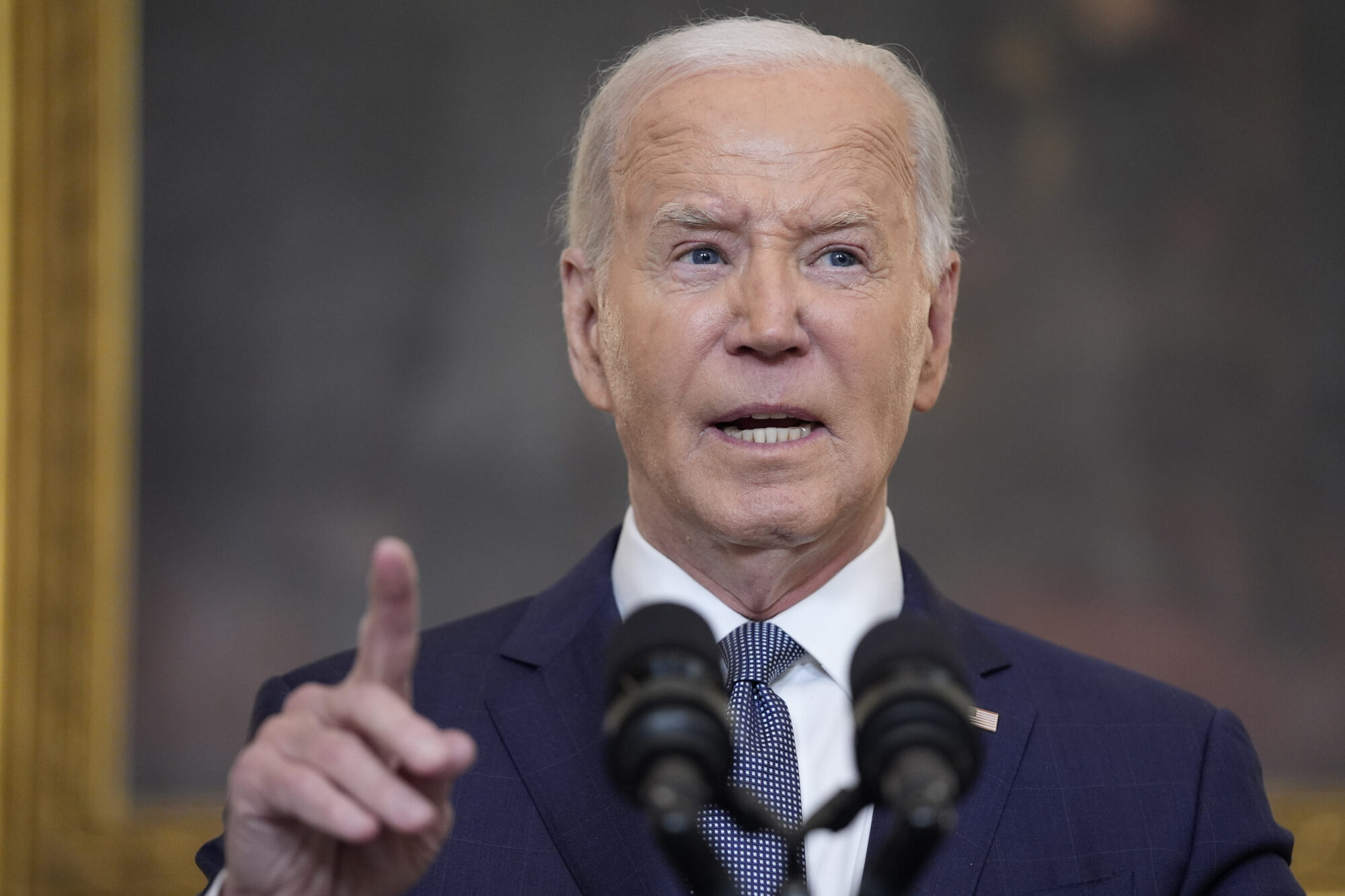
- Early intervention programs identify childhood disabilities and connect families with services to aid in the child’s social, educational, and emotional development.
With the start of the 2025 legislative session just over two months away, Mississippi’s Early Intervention Task Force is forming a list of recommendations to bring before lawmakers they hope will improve access across the state.
The recommended changes aim to increase the Early Intervention program’s reach and effectiveness.
Mississippi’s Early Intervention program is provided by First Steps and administered by the state Department of Health. First Steps receives state funding as well as federal grant funds as part of the Individuals with Disabilities Education Act Part C. True to its name, the program focuses on children from birth to age 3, identifying disabilities and then connecting families with the services needed for assistance and emotional support.
According to the Center for Mississippi Health Policy, there are 144,000 children in Mississippi potentially eligible for Part C Early Intervention. The highest concentration of those children are in Hinds County (11,000), Harrison County (10,000), DeSoto County (9,000), Rankin County (7,000) and Jackson County (6,000).

To help families track milestones in their child’s development, the Centers for Disease Control and Prevention offers a smartphone application for those two months to age 5. The app provides photos and videos for parents to determine if their child may need early intervention services. The CDC’s website also offers free materials that include children’s books and training resources.
The list of suggestions presented during Tuesday’s Task Force meeting was extensive. The need to streamline the hiring process to get staffing numbers up was a main concern expressed to legislators.
“We feel like those issues with onboarding have been addressed or are currently being addressed,” said Dr. Julie Parker, Associate Professor at Mississippi State University. “We know that reducing that time for hire is essential for getting more boots on the ground.”
Parker suggested creating a provider directory, which will not only better connect families with services, but act as a recruitment tool for additional providers.
Adoption of evidence-based screening tools to identify social and emotional needs at the earliest stage in the child’s life was also identified as being a priority.
“Those social emotional constructs and foundations are so very important to assess as early as possible,” Parker described.
One suggestion made by multiple members of the Task Force was improved access to and reimbursement for natural environment care. Creating billing codes for services Medicaid can reimburse not currently in the system and streamlining the referral process were also discussed.
Dr. Susan Butress, professor of pediatrics at the University of Mississippi Medical Center and chair of the Task Force, informed the members that any implementation of the suggestions would be gradual.
“We know the Early Intervention program has been vastly underfunded and underutilized,” Butress said.
When asked how much it would take to fund a sustainable model, State Health Officer Dr. Daniel Edney estimated about $20 million, close to the $25 million that is currently allocated to the Mississippi Department of Health as a whole. While he believes $10 million would allow the state to replicate a program similar to the one used in Alabama, $19 million would be required to put a sustainable model in place.
Currently, the Early Intervention program has been appropriated less than $4 million, with about $2 million directed to providers.
“So, there’s not a lot there to work with,” Edney added. “I think we need to have a reasonable ask, because when you ask for too much, you tend not to get anything.”
Edney is not confident a $19 million request would be looked at favorably given that it is close to his agency’s entire budget.
“We need to make sure that the understanding is whatever we ask for does not come out of the Health Department budget, but should be added to the Health Department budget,” Butress clarified.
“Getting us to $10 million per year would go a very long way to get us to where we need to be,” Edney said.
State Senator Hob Bryan (D) cautioned the Task Force to consider that the 2022 income tax cuts are still being phased in, and there is a push by members in the House of Representatives to eliminate the income tax altogether.
“It is the number one item on the agenda of the House of Representatives,” Bryan stated.
He estimated that if elimination of the income tax is enacted, the state would lose another $1.8 billion in revenue.
State Senator Nicole Boyd (R) expressed her desire to back expansion of the Early Intervention program, citing the benefits her family has seen as well as the need across the state. Children who have received early intervention care are proven to perform better in school and life, she said, and those who miss out are the unfortunate ones.
“That is the child that keeps us all awake at night,” Boyd said. “It is the child whose family is tremendously impacted, because when this child gets services, the child benefits, the family benefits, their future classmates benefit. They are more able to work in society and do things. They’re less dependent on government.”
Since early intervention can prevent a child from needing special education classes, there is the potential for future cost savings. Butress quoted a 2022 study that found Early Intervention programs can save the state $3.5 million per year in special education costs.
Currently, Dr. Edney said he has been using discretionary funds to meet the needs of the Early Intervention program, which he said he cannot continue to do.
“I’m not ashamed to point out the fact that Mississippi is not making the investments that people in Mississippi need for public health. This is just one small example,” Edney said.











